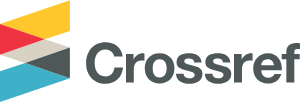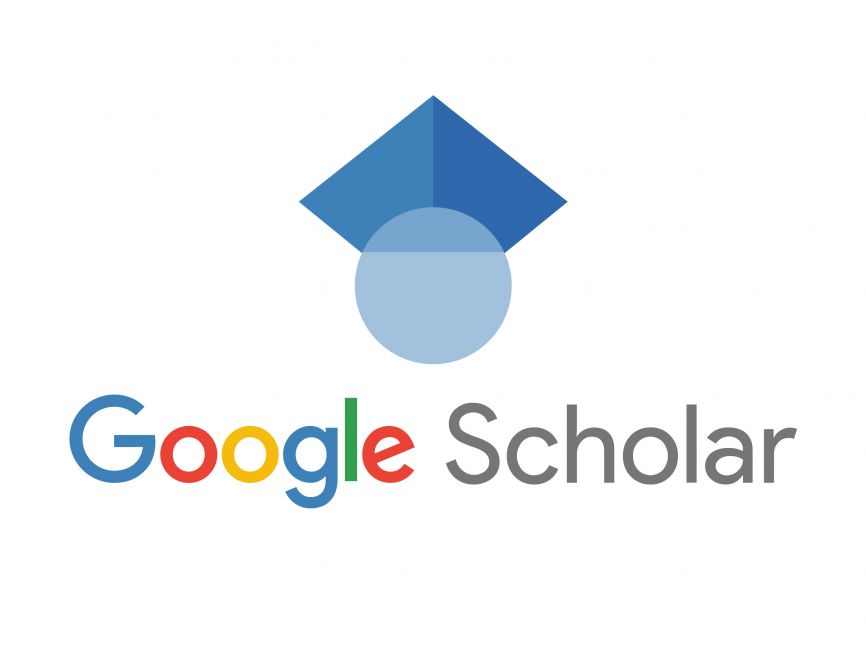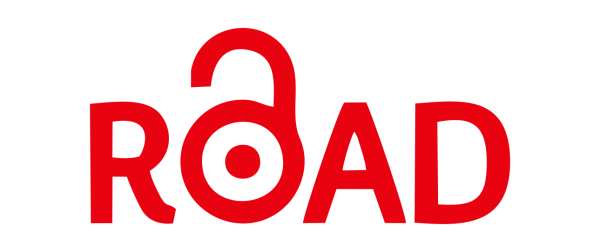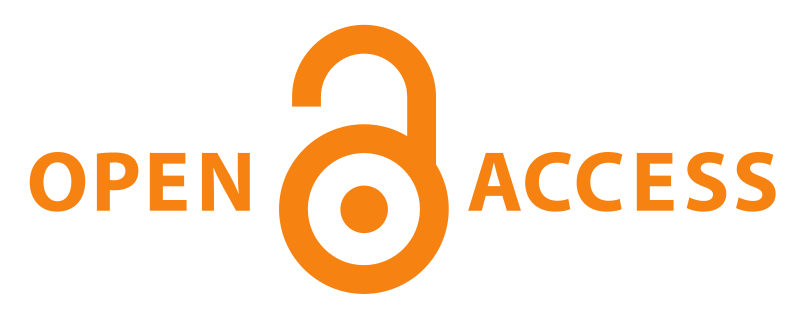Abstract
Using predictions of crack-tip-opening-displacement (CTOD) to measure the extent of fatigue damage has provided the opportunity to prepare an efficient strategy for protecting mechanical structures from damage and developing a structural health monitoring system. The objective is to forecast non-measurable CTOD by using machine learning methods. In this paper, an optical metrology device, which is built by Alicona on a confocal microscope and hereafter referred to as Confocal Microscope, has been used to measure CTOD. However, two factors limit the usage of Alicona Apparatus: (i) the size of optical images, where a CTOD over 400 micrometers cannot be measured; and (ii) the need to protect the device, as a CTOD over 150 micrometers has a significant impact on the safety of Confocal Microscope. Therefore, this paper has utilized Gaussian Processes (GP) and the Support Vector Machine (SVM) to forecast the non-measurable CTOD. Four machine learning metrics, mean average error (MAE), mean square error (MSE), root mean square error (RMSE) and R-squared error have been used in this study to evaluate the performance of the regression models. The results indicate that the GP model provides a better estimate of the current CTOD measurements. However, the SVM model provides a better forecast of future CTOD data based on the behavior of the CTOD rate.
Recommended Citation
Alqahtani, Hassan
(2025),
Machine Learning Modeling Approaches for Predicting the Extent of Fatigue Damage in Polycrystalline Alloy Structures,
Yanbu Journal of Engineering and Science: Vol. 22:
Iss.
2, 48-58.
DOI: https://doi.org/10.53370/1658-5321.1201
Available at:
https://yjes.researchcommons.org/yjes/vol22/iss2/4












